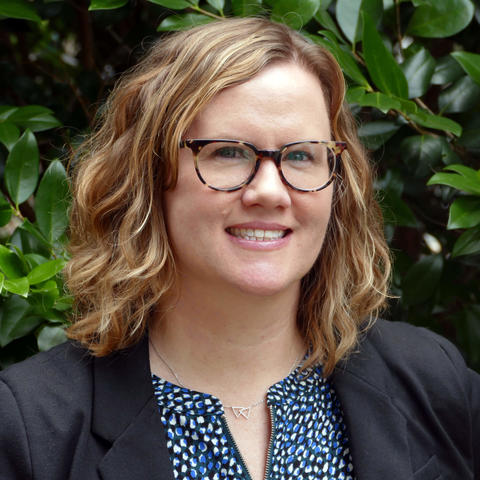
Caption
It is now up to Gov. Brian Kemp and state lawmakers to decide whether to move forward with a provider rate study’s recommendations, which would boost caregiver pay but cost about $107 million to implement.
Credit: Ross Williams / Georgia Recorder

